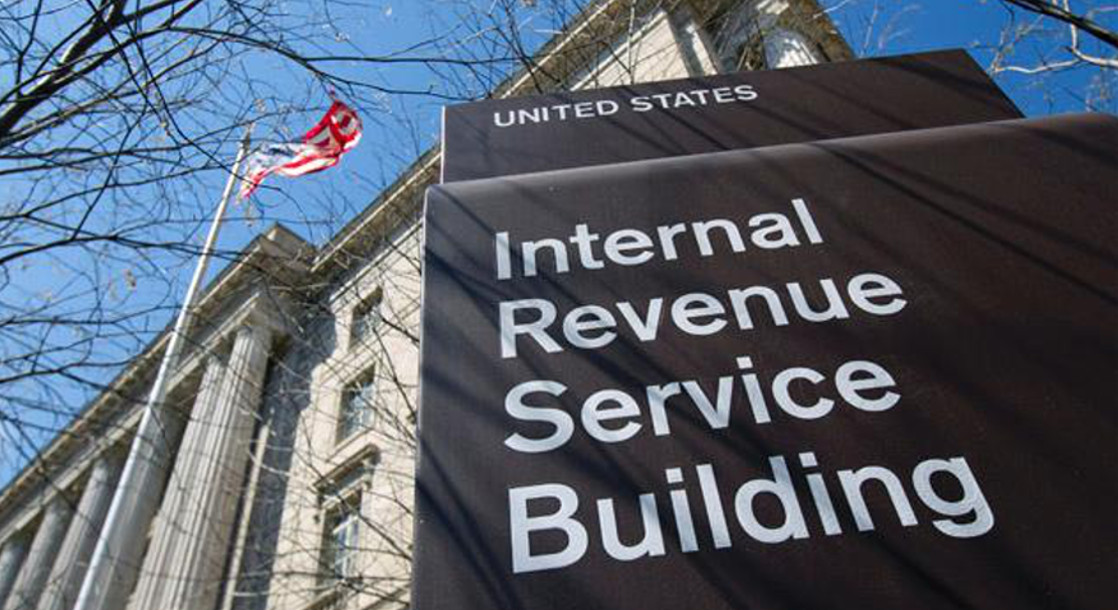A federal lawsuit by medical marijuana business Rifle Remedies claims that that the U.S Department of Justice has been using the Internal Revenue Service to investigate legitimate cannabis operations all over Colorado. But Uncle Sam’s bean counters say these accusations are “baseless and illogical,” according to a report from the Denver Post.
A recent U.S. District Court case argues that IRS inquiries, specifically those asking for Colorado’s Marijuana Enforcement Division to provide the agency with information on how much marijuana is being grown, sold and who is buying the product, is just a secret method of helping the DOJ build a case against legal marijuana businesses.
The IRS says it only wants to employ this method to uncover unpaid taxes.
Although marijuana businesses are perfectly legal in Colorado, the IRS still considers these operations a part of outlaw commerce. It is for this reason that the cannabis industry is not allowed the same deductions as more traditional businesses, and it puts them at higher risk of being audited by the U.S. government.
Yet at least one court case suggests that these IRS probes are simply a way for multiple federal agencies to dig into the cannabis community without violating the Rohrabacher-Farr amendment – a spending rider that prevents the DOJ from investigating and prosecuting business and people connected to the medical marijuana industry.
“The IRS is working jointly with the Department of Justice to investigate purported criminal activity of the taxpayers,” attorneys James Thorburn and Richard Walker, which represent Rifle Remedies, wrote in the complaint. “To this end, the IRS has converged on Colorado and is conducting mass audits of those it has determined to be unlawfully trafficking in controlled substances … dishing out summonses like candy.”
The IRS claims it must lean on the state for this kind of information because the cannabis industry has refused to provide it, and also says the accusation that it is collecting information to help the DOJ prosecute medical marijuana companies “defies common sense.”
“If prosecution were truly the goal, it would be far simpler — and likely more effective — for the DEA to send a plainclothes agent to purchase marijuana from (Rifle Remedies) than to co-opt the IRS into issuing summons to MED for information about past years’ marijuana sales. (Rifle’s) underlying theory of this case lacks not only evidence, but logic,” the feds wrote in a court filing.
In the end, the IRS wants access to Colorado’s seed to sale records, which legal experts worry, would reveal details on legal marijuana that could cause trouble for both businesses and consumers.
So far, no hearings have been scheduled on this matter yet.











